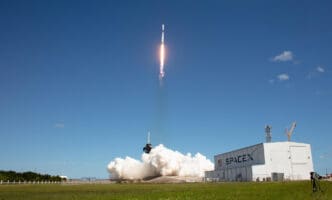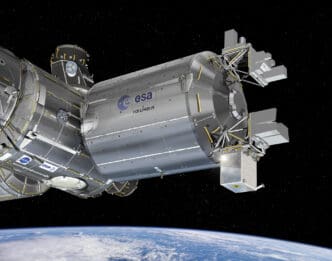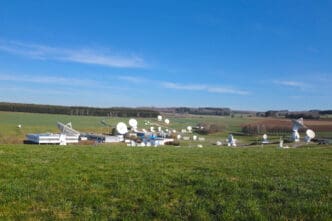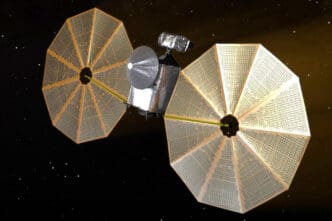A new NASA authorization bill was introduced in the Senate during the final days of the current Congress, aiming to accelerate NASA’s work on commercial space stations and address persistent cost overruns in its science missions.
The NASA Transition Authorization Act of 2024, proposed by Senator Maria Cantwell along with other committee leaders such as Senator Ted Cruz, seeks to allocate $25.478 billion for NASA in fiscal year 2025. This proposal marginally surpasses the $25.434 billion outlined in the Senate version of the appropriations bill and exceeds NASA’s request by approximately $94 million.
A primary emphasis of this comprehensive 101-page bill involves transitioning from the International Space Station (ISS) to commercially operated space stations by the end of this decade. The bill ensures that NASA must maintain a continuous human presence in low Earth orbit, preventing any hiatus. Furthermore, it outlines that the ISS cannot be decommissioned until a commercial space station achieves operational capability in low Earth orbit, unless technical challenges impede safe operations.
Additionally, the bill mandates an expedited schedule for NASA’s Commercial LEO Destinations (CLD) program. NASA is urged to finalize requests for proposals by the end of September 2025 and make provider selections by the end of March 2026, slightly advancing NASA’s initial timeline. The focus is on choosing at least two providers for certification and initial services, contingent on receiving meritorious proposals and necessary funding.
The legislation also tackles escalating costs within NASA’s science missions. It highlights the problem of initial cost estimates made during early mission phases proving unreliable, which has strained NASA’s science portfolio. The bill demands a report from the Government Accountability Office on adherence to established cost caps and stipulates a revised plan for the Mars Sample Return mission to incorporate realistic cost and schedule predictions. NASA is required to enter fixed-price agreements with U.S. industry partners to facilitate this plan.
However, the bill has not progressed as the current Congress adjourned without voting on it. While the House exhibited little interest, having passed its own authorization bill earlier, this legislation hints at the Senate’s priorities for NASA under the new Congress. Leaders like Senators Cruz and Cantwell will continue to influence these discussions, ensuring stability and forward momentum for NASA’s space initiatives.
The Senate’s proposed NASA bill underscores a focused approach to maintaining the U.S.’s influence in space exploration and commercial space activities. While the bill awaits further action, it highlights key areas of interest, including continuous human presence in orbit and effective management of mission costs.
Source: Spacenews







